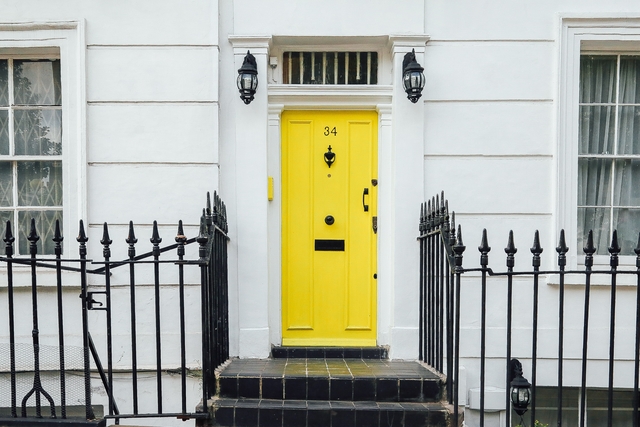House flipping stands out as the most common investment strategy in the real estate market. House flipping requires you to implement proper strategies to ensure maximum profits. If you’re getting started on house flipping, here are a few guiding tips.
1. Explore the housing market
The most crucial step in house flipping is conducting thorough research on the real estate market, both local and national. It would be best if you worked with a professional realtor to acquire essential data regarding real estate. Such data is critical to compare the various housing costs within the area.
Additionally, exploring the market allows you to understand the latest property buying trends. You understand what property buyers want in terms of size, design, and unique home features. With extensive research, you can be sure to purchase property that resells quickly and at a higher value.
2. Budget Accordingly
Your budget is among the vital elements in house flipping. Your budget determines how much you’ll spend throughout the entire house flipping process. Setting a budget is crucial to ensure you don’t overspend.
A house flipping budget doesn’t only include the purchasing costs. Make sure to include the taxes, repair and renovation costs, and closing costs. Other expenses include realtor fees and insurance. Sticking to your budget ensures that you obtain maximum returns.
3. Have Your Finances in Order
Aside from setting the budget, your finances should also be in order. It would typically help if you had a well-laid out plan on how you’ll finance the house flipping investment.
Usually, most home flippers prefer paying in cash. Cash payments protect you from applying for a mortgage and the lengthy approval procedure. Home sellers are more attracted to buyers paying cash. If your cash is insufficient, consider seeking lender financing.
4. Consult a Home Inspector
House flipping requires you to seek the services of an expert property inspector. An expert home inspector evaluates and establishes essential home repairs and upgrades. Additionally, a home inspection enables an accurate estimation of the costs involved in renovations.

